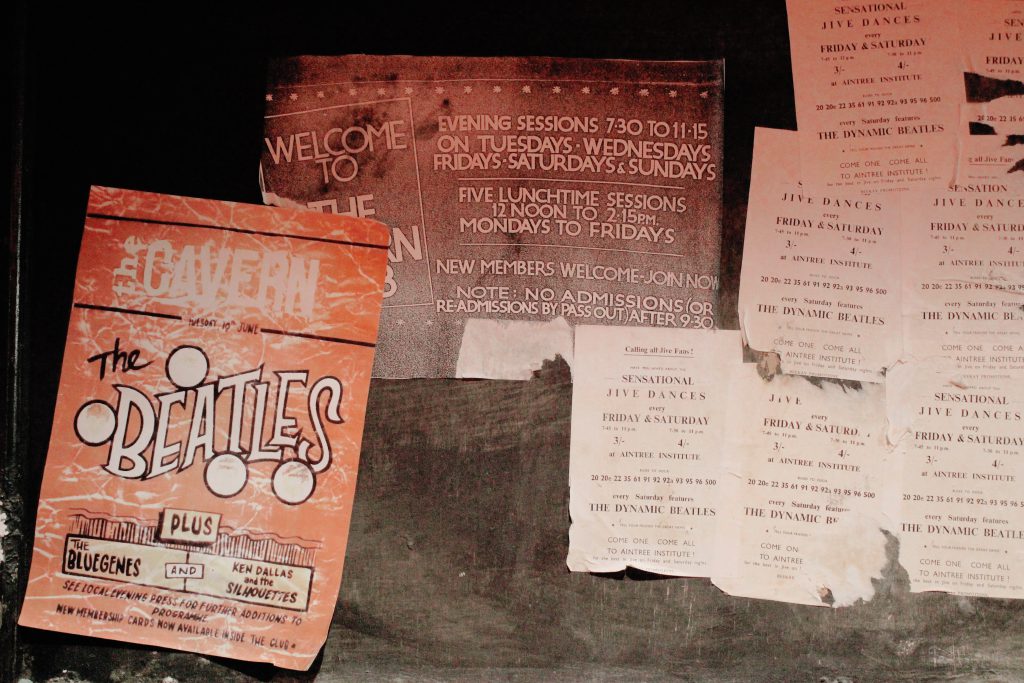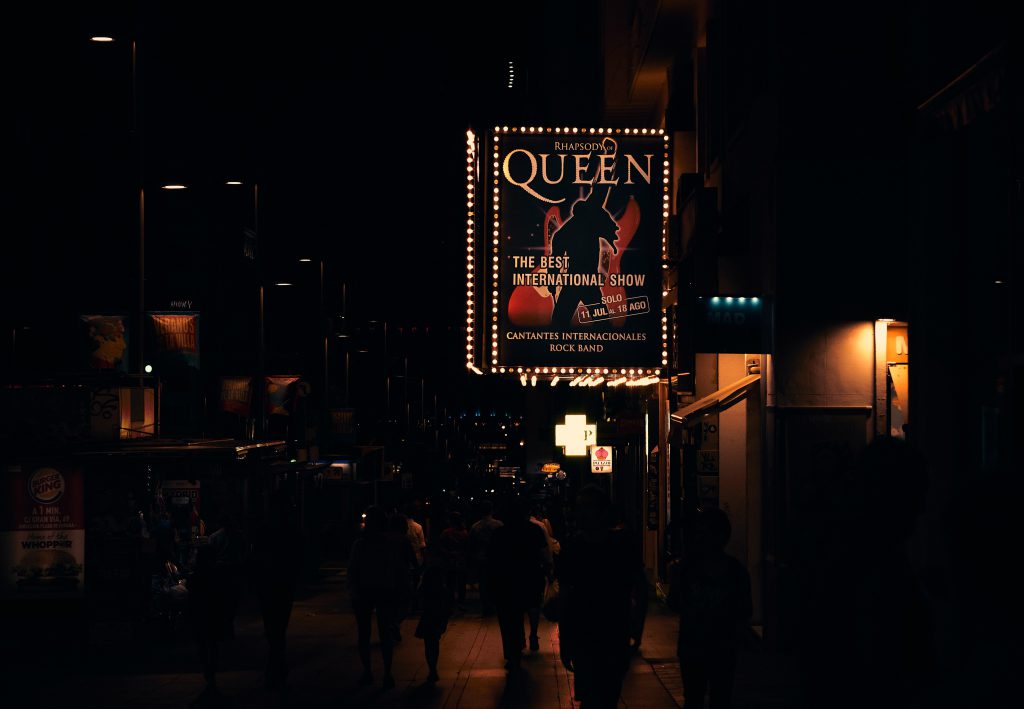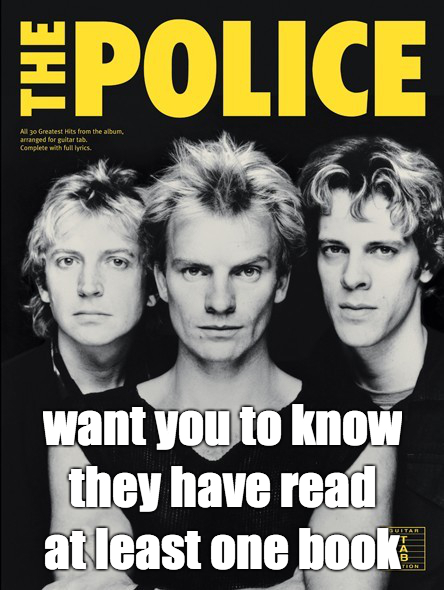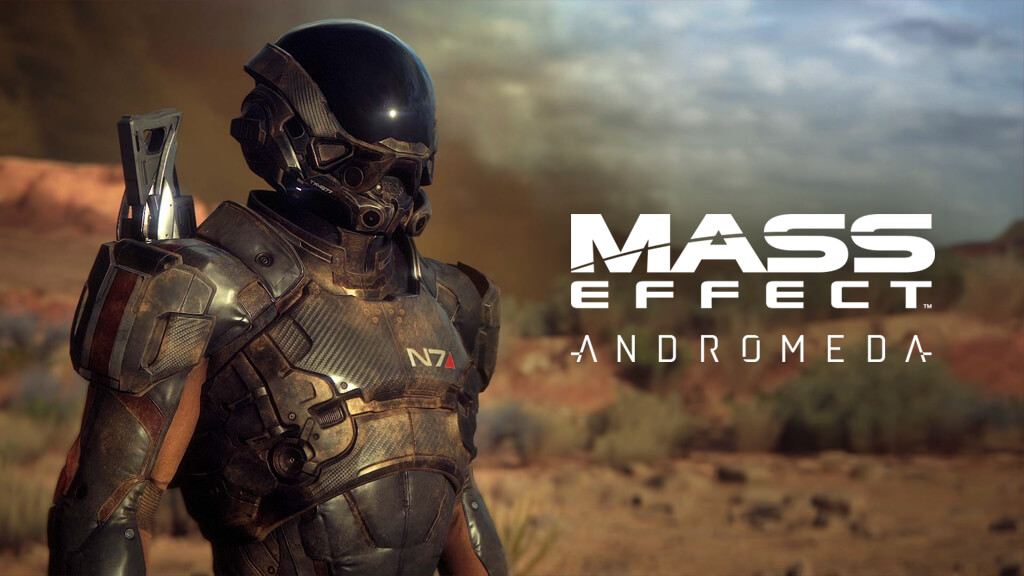Literary References in Beatles Songs
Have you seen Yesterday yet? While we think the concept is very entertaining – a musician wakes up one day to discover he’s the only person who remembers The Beatles – it’s a world we definitely don’t want to live in. Imagine not knowing a single Beatles song. Not even "Piggies!"(Okay, yeah. We get it. No one actually likes "Piggies.") But imagine how many Beatles literary references we’d lose!
"Paperback Writer"
While it’s easy to think of "Paperback Writer" as a simple song about an overeager writer – 1,000 pages?! – but it’s also a tribute to the nonsense poetry of Edward Lear, a Victorian era painter and writer John Lennon was quite fond of. While Lear never wrote novels, the concept is floated in the opening verse: “It’s based on a novel by a man named Lear.” Maybe the protagonist of the song got flustered and meant to say “poem” instead of “novel.” Or maybe Lennon, in posthumous generosity, decided to give Lear a novelist credit. We’re sure this hopeful paperback writer’s passion is there, but we’re pretty selective about the thousand-page books we read.
"I Am the Walrus"
In "I Am the Walrus," John, Paul, George, and Ringo “goo goo g’joob” all over this reanimation of Lewis Carroll’s narrative poem “The Walrus and the Carpenter.” The poem, which appears in Through the Looking Glass alongside a potential Egg Man counterpart: Humpty Dumpty. Apparently, John Lennon was disappointed to learn that the walrus in “The Walrus and the Carpenter” was actually a villain. Imagine if he’d done a quick re-read of this middle grade classic before slipping into the recording studio. This song might never exist! And those “goo goo g’joobs” are also literary references, in a way. They’re meant to be quotes from Finnegans Wake by James Joyce, but memory is funny that way. The actual phrase from Joyce is “googoo goosth.” Try cramming that into the same rhythm.
"The Continuing Story of Bungalow Bill"
In the narrative song "The Continuing Story of Bungalow Bill," all the children sing about this mythical all-American man named, you guessed it, Bungalow Bill. But it isn’t Bill who’s the literary reference. It’s Captain Marvel! In the second verse, John Lennon mockingly sings “So Captain Marvel zapped him right between the eyes,” making fun of the American obsession with comic book superheroes. And while this is a pre-Carol Danvers Captain Marvel reference, we’re still going to picture her zapping this Bungalow Bill.
"A Day in the Life"
In the nearly six-minute long (and worth every second) "A Day in the Life," reading becomes a theme right away. “I read the news today. Oh boy.” But the true literary reference comes later, as the protagonist of the song recounts his experience at the movie theatre earlier that day. A crowd of people turned away from what was quite possibly a gruesome war scene, but he kept his eye on the screen. After all, he’d read Patrick Ryan’s novel How I Won the War. Nothing about this movie could surprise him.
"The Inner Light"
The lyrics to "The Inner Light" are paraphrases of the philosophical writing Tao Te Ching. While The Beatles choose the phrasing, “Without going out of my door / I can know all things on Earth,” a translation of the original Mandarin reads “Without stirring abroad / One can know the whole world.” It’s the difference between a universal “one” and the more personal “I,” but this small change makes a big difference in the tone of the song. While The Beatles certainly aren’t the only musicians sampling from other artists and philosophers, it’s odd that they paired an Indian-influenced melody with Chinese philosophy lyrics. It’s a George Harrison number, of course.



